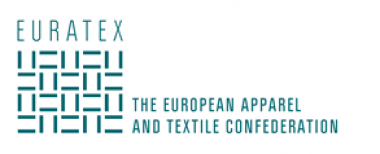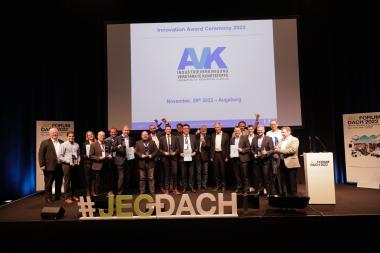Climate impact mapping of Swedish textile machinery
Over the past year, TMAS, the Swedish Textile Machinery Association, has been working with ClimatePartner on a corporate carbon footprint (CCF) mapping project with its member companies, as a natural step towards supporting a more sustainable textile industry.
Over half of the members of TMAS are participating in the project, which involves calculating each operation’s Scope 1, 2 and 3 emissions in order to identify the current climate impact and areas where reductions can be made.
“Integrating climate action into strategies is becoming increasingly important in Europe and we have decided to take a pro-active role,” says TMAS secretary general Therese Premler-Andersson. “There is growing pressure from customers to be more transparant in this area and forthcoming legislation will soon make it necessary for all to take climate actions. TMAS members, however, recognise the benefit of taking action now, not least in terms of taking responsibility and demonstrating credibility.”
The CCF project’s scope examines all aspects of a business split into five areas:
- Facility Management (heating, electricity, water, cooling agents and waste disposal).
- Employee Mobility (commuting and company cars).
- Business Travel (flights travel by train, rental cars).
- Procurement (production, packaging and office materials).
- Logistics (inbound and outbound).
Primary data is being used wherever possible and emission factors originate from internationally recognised databases such as ecoinvent and GEMIS.
The ClimatePartner measurement programme is based on the guidelines of the Greenhouse Gas Protocol Corporate Accounting and Reporting Standard (GHG Protocol), and factors in all greenhouse gases covered by the Kyoto Protocol. These are carbon dioxide (CO2), methane (CH4), nitrous oxide (N2O), hydrofluorocarbons (HFC), perfluorocarbons (PFC), sulphur hexafluoride (SF6) and nitrogen trifluoride (NF3).
Each of these gases affect the atmosphere differently and remain in the atmosphere for different lengths of time. Rather than reporting on each gas separately, they are expressed as a CO2 equivalent (CO2e) for the sake of simplicity. A CO2e is essentially a conversion into a ‘global warming potential’ value that enables the influence of different gases on global warming to be compared.
Swedish Textile Machinery Association TMAS ClimatePartner corporate carbon footprint Carbon Footprint
TMAS / AWOL Media































